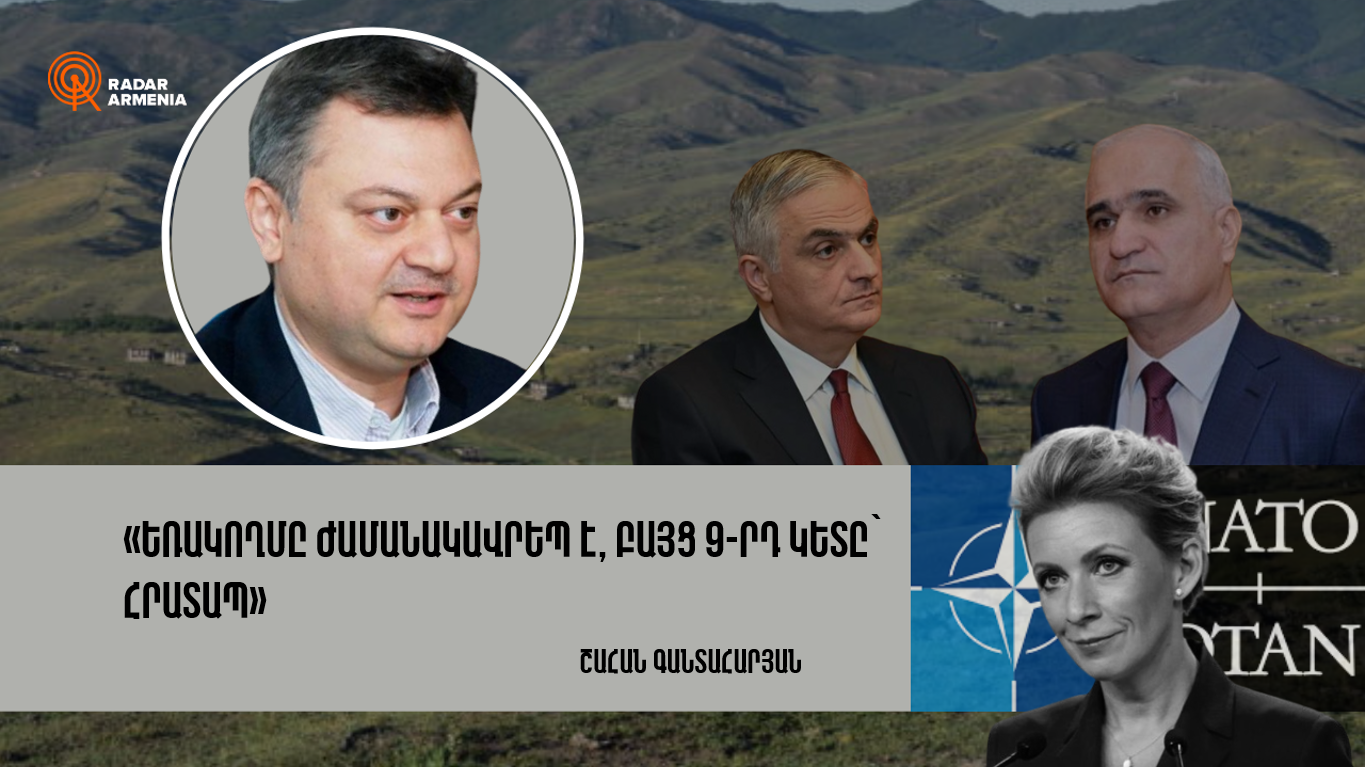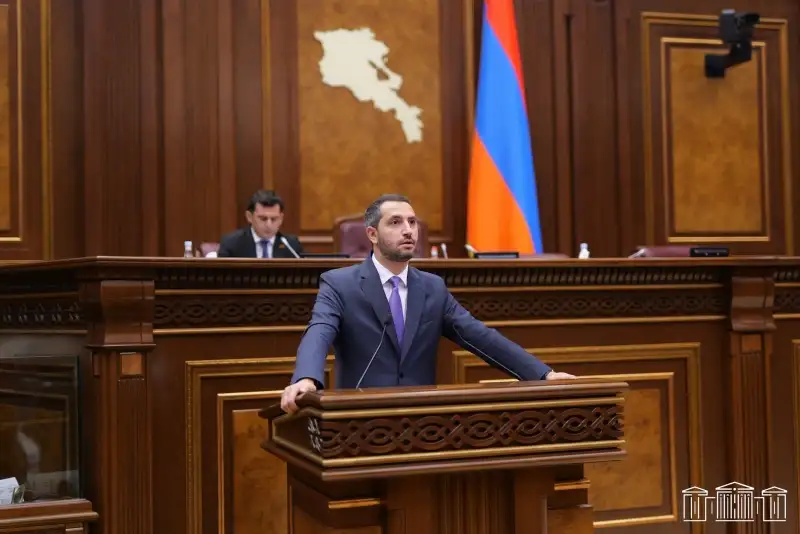Radar Armenia's interlocutor is Shahan Gantaharyan, an international scholar.
- The 6th meeting of the state commissions for Armenian-Azerbaijani border demarcation ended in the Ijevan-Kazakh section. No details were presented in the official message. What is your impression of this meeting?
- It is a regular meeting without any breaking point. The meetings will continue with this agenda. The parties have already made it clear that this is a long process. Demarcation and demarcation have gone beyond the clauses of the peace treaty. Negotiations are going in two directions. The first, remotely, in the form of revisions of the peace treaty document, and the second, with the demarcation agenda. Endpoints still need to be visible. In this case, the bilateral format is remarkable.
- The Russian side declares that the basis of stable and long-term peace in the South Caucasus is implementing a complete set of tripartite declarations. How viable is the November 9 document?
- Tripartite is canceled. But its most crucial point, the 9th, continues to be the most urgent topic. Moscow's reference to point 9 aims to ensure its control of the road of regional significance. The tripartite needs to be updated, but its 9th point is urgent.
- Russian Foreign Ministry Spokesperson Maria Zakharova, commenting on NATO representative Javier Colomina's statement about NATO-Yerevan relations and rapprochement, noted that Armenia should open the map and understand its interests. Is Russia worried about Kolomina's statements, and do you see prerequisites for NATO-Armenia rapprochement?
- Of course, it worries. The South Caucasus was previously a purely Russian domain. Now, there is a Turkish army there. Brussels is endlessly renewing and expanding its observation, fact-finding, and needs-studying missions. The largest US embassy in the world operates in Yerevan. On the other hand, with NATO membership in Finland and Sweden, NATO forces appear on the border of the Russian Federation. All these circumstances worry Moscow.
- It was remarkable that Kolomina announced that they support the Armenia-Azerbaijan dialogue. Doesn't it happen that the mediators leave the parties alone to avoid responsibility in the future?
- Kolomina's allusion to the bilateral format should be understood as a tendency to push out the Russian mediation.
Hayk Magoyan


















